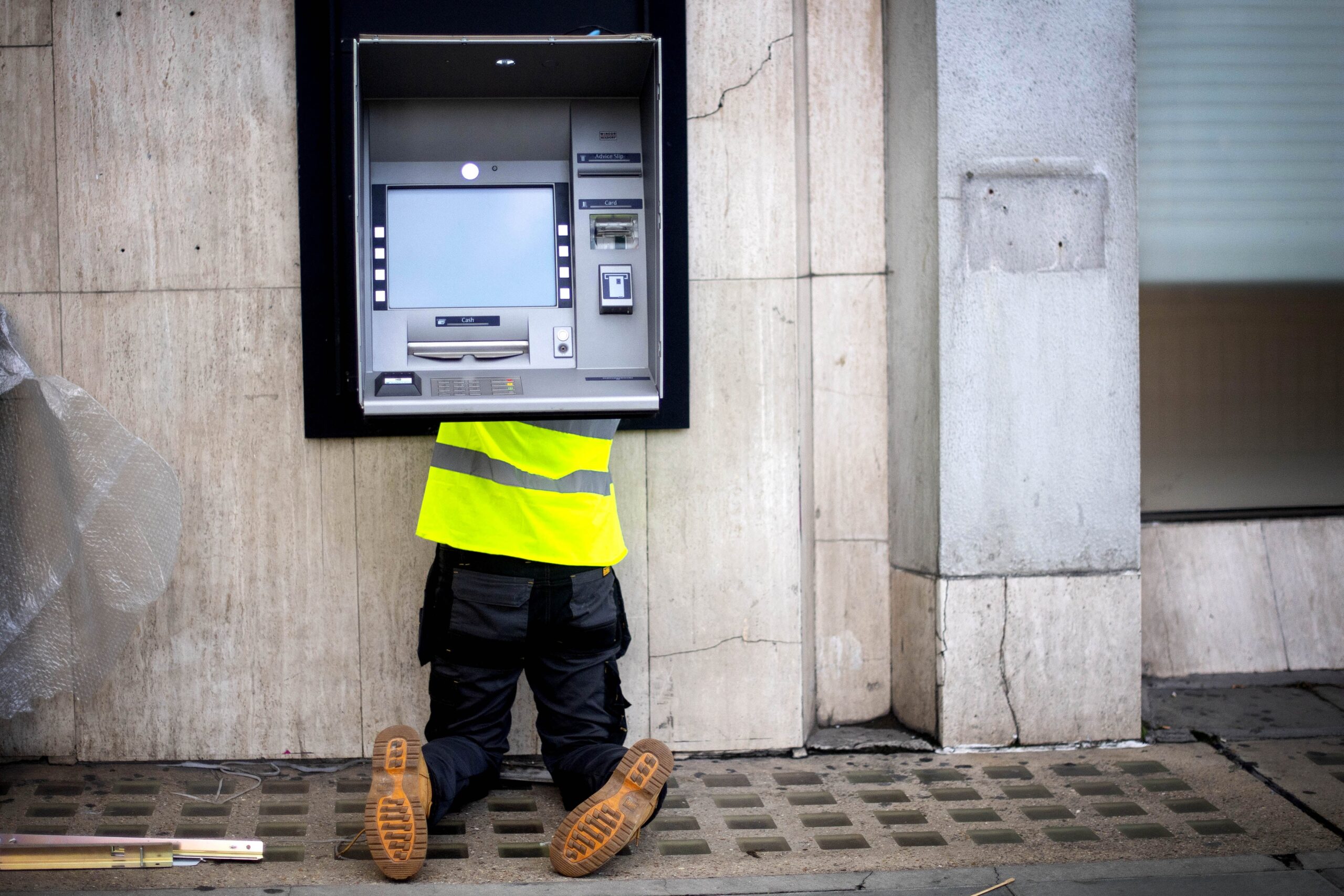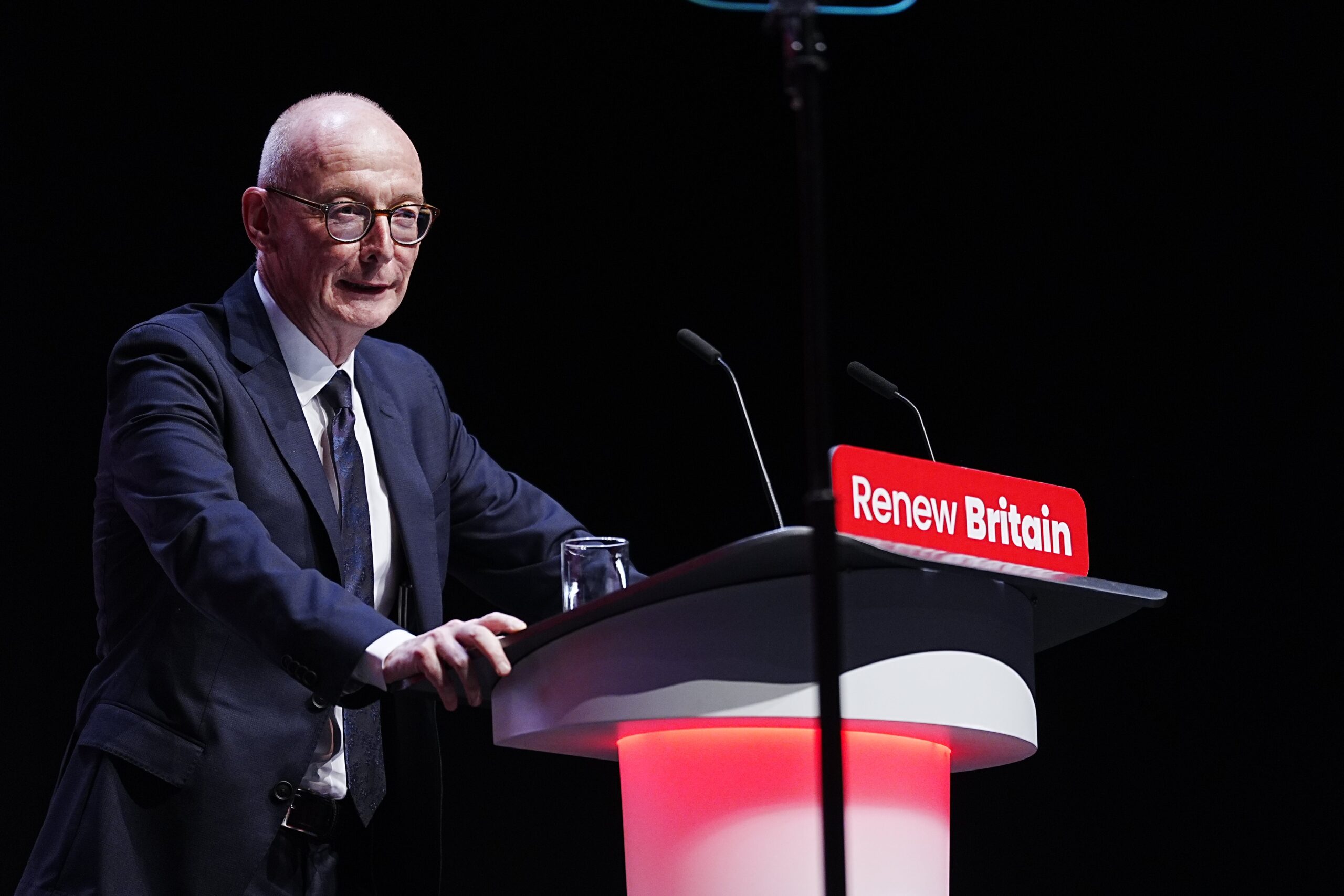The government’s controversial ‘bank spying’ bill threatens to create an “unprecedented level of population-wide mass surveillance,” several leading campaign groups and charities have warned, as they urge ministers to overhaul the plans.
Labour’s new Fraud, Error and Debt Bill is currently in the final stages of the House of Lords, and set to become law later this year. It forms a central part of Department for Work and Pensions (DWP) plans to crackdown on benefit fraud, with new powers for the department to request information from claimants’ bank accounts and and deduct funds directly from them.
Led by civil liberties campaign group Big Brother Watch, an open letter to new work and pensions minister Pat McFadden calls for crucial changes to the bill.
It warns that the measures threaten to have a “significant human impact,” which will be disproportionately felt by disabled people, older people, carers and those living in poverty.
Signatories including Age UK, Citizens Advice and Disability Rights UK write that there are “widespread concerns” about the algorithmic fraud detection software wrongfully identifying benefit claimants for investigation, and subjecting them to a lengthy and intrusive process.

Welfare rights groups have slammed the measures, arguing they amount to unfair discrimination against welfare claimants.
Mikey Erhardt, policy lead at Disability Rights UK, said: “It is quite shocking that the government is willing to give a department well known for its failure to protect disabled people, like the DWP, new powers to introduce ‘algorithms’ to trawl vast troves of accounts at once.
“We are, across society, only beginning to come to terms with the damage caused by giving over crucial bits of the state to unproven, undemocratic technology. Yet the government seems content to repeat this with its bill.”
Sue from Manchester told Big Brother Watch about her experience having to clear her name following to a wrongful flag by the DWP, which accused her of having multiple undeclared bank accounts.
She said: “I had to get letters from each of these banks to clear my name as none of the banks answered the DWP. The mental anguish this has caused me is unbearable and nearly sent me under.”
In combination with the bill’s debt recovery powers, the law could have “catastrophic consequences,” the letter adds, as it brings the potential for funds to be deducted from a claimant’s bank account wrongfully.
The key power that will enable to DWP to request banks to share financial information with its agents is called the Eligibility Verification Measure (EVN). It means that when the department sends a notice to a bank or financial institution, it must comply with the request. This will not include details of transactions, the DWP has confirmed.
The information the institution can be asked to share includes information about the account holder, including their name and date of birth. Agents can also ask for the bank account’s sort code and account number, as well as details about how the account meets eligibility.

Ministers say the government is introducing these powers to be able to determine if an individual is eligible for a benefit they are claiming or have applied for based on their financial position.
For example, holding over £16,000 in savings generally will render someone ineligible for Universal Credit, except in certain limited circumstances.
The measures will be implemented over 12 months in a phased approach, working with a smaller number of banks initially.
Baroness Maeve Sherlock, a minster of state for the DWP, said earlier this year that the department will make between 5,000 and 20,000 Direct Deduction Orders every year. The estimates are based on usage by HMRC and the Child Maintenance Service, both of which already can use the power.
The open letter calls on Mr McFadden and Baroness Sherlock to support amendments in the House of Lords to remove the EVN measure from the bill, and prevent the DWP from being able to force banks to disclose bank statements of benefit claimants.
Jasleen Chaggar, legal and policy officer at Big Brother Watch, said: “Scanning the entire population’s bank accounts to help the DWP administer itself is a sledgehammer to crack a nut – and the blows won’t fall evenly.
“Disabled people, carers, older people, single parents and those on low incomes are far more likely to be wrongfully flagged, dragged into intrusive investigation and forced through stressful, time-consuming appeals.
“It’s not too late for the government to abandon this heavy-handed approach and admit the truth: these powers won’t stop serious fraudsters, but risk recreating a horizon-scale scandal for some of the most marginalised members of our society.”
A DWP spokesperson said: “All powers in the Fraud, Error and Recovery Bill are underpinned by a principle of fairness and proportionality, with numerous safeguards and independent oversight in place.
“In cases of fraud and error, a human will always make any decisions that affect benefit entitlement and DWP will not have access to benefit claimants’ bank accounts.
“We have a duty to the taxpayer, and this Bill is set to save £1.5 billion over the next five years, which together with wider reforms will save £9.6 billion by 2030, according to OBR estimates.”
